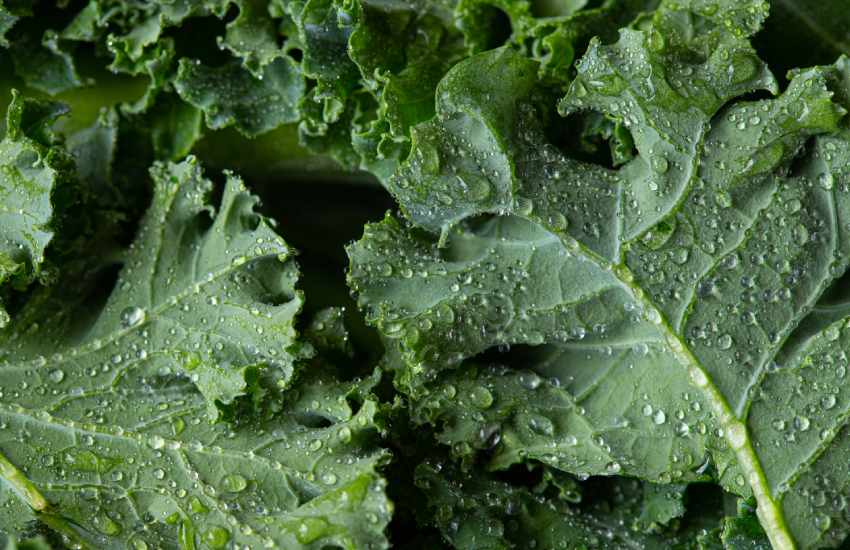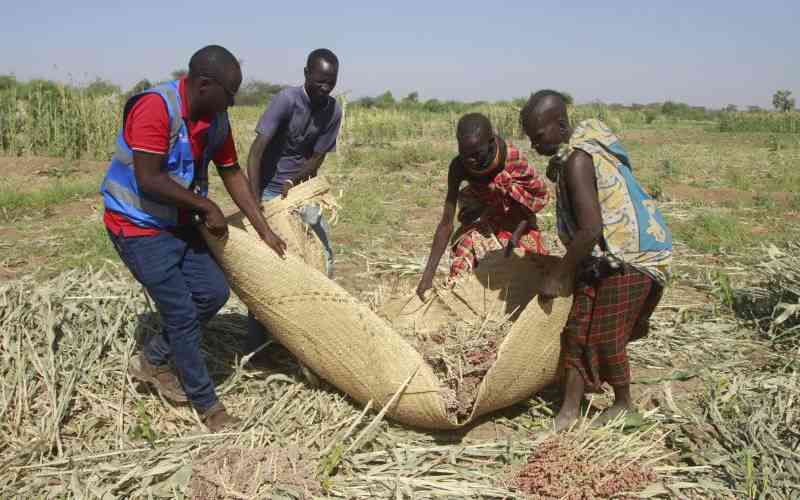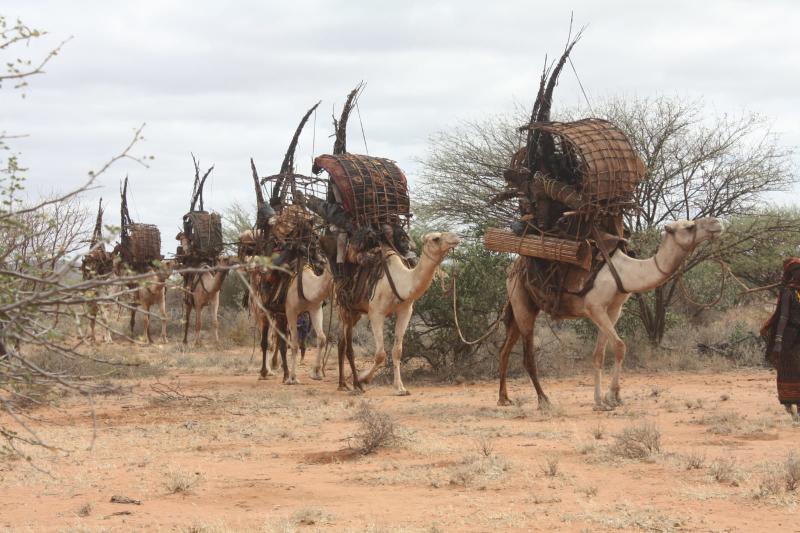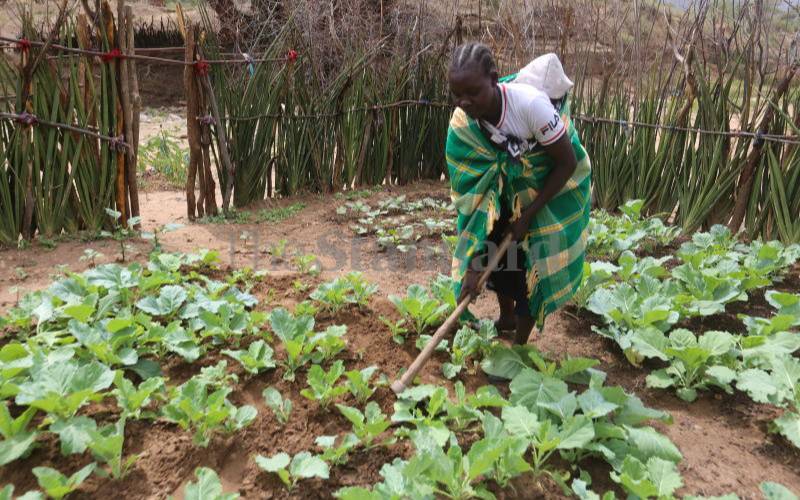
That very green and fresh-looking sukuma wiki or spinach could be your lunch or supper date with sickness and death. Most people in urban towns like Nairobi and its environs have no clue where the sukuma wiki, spinach, tomatoes, sugarcane or arrowroots are grown.
Well, some are grown along polluted rivers and sewer lines and which host several health dangers.
But how do you tell farm-fresh sukuma wiki from those grown on sewer lines in areas like Ruai in Nairobi?
Facts First
Unlock bold, fearless reporting, exclusive stories, investigations, and in-depth analysis with The Standard INSiDER subscription.
Already have an account? Login
 The Standard Group Plc is a multi-media organization with investments in media
platforms spanning newspaper print
operations, television, radio broadcasting, digital and online services. The
Standard Group is recognized as a
leading multi-media house in Kenya with a key influence in matters of national
and international interest.
The Standard Group Plc is a multi-media organization with investments in media
platforms spanning newspaper print
operations, television, radio broadcasting, digital and online services. The
Standard Group is recognized as a
leading multi-media house in Kenya with a key influence in matters of national
and international interest.











